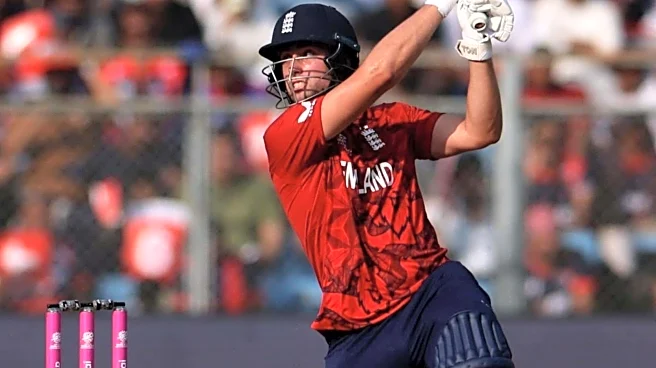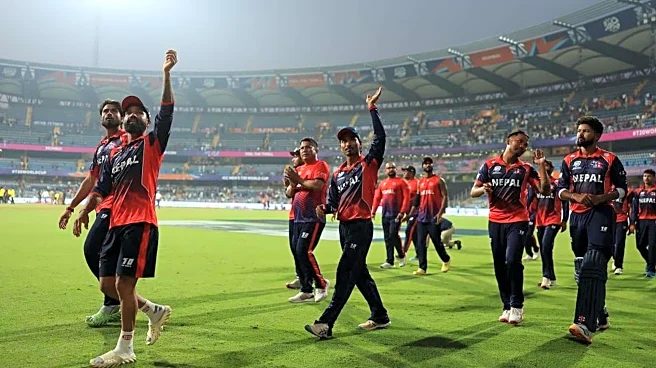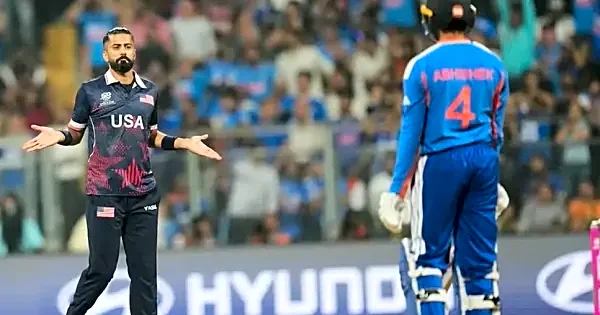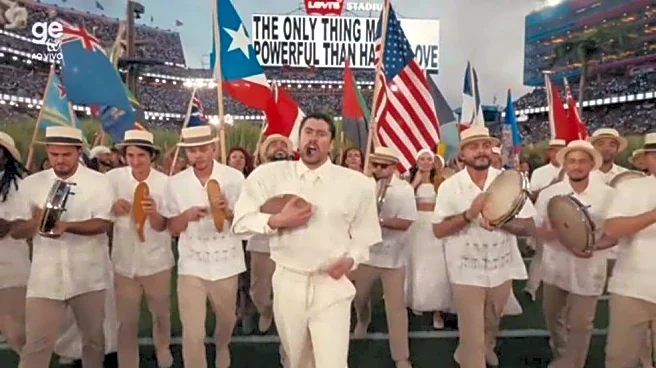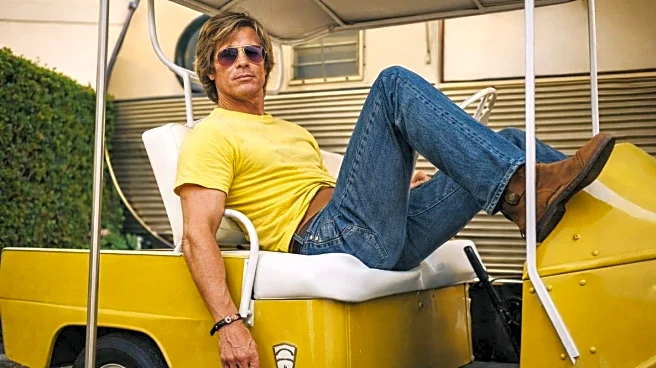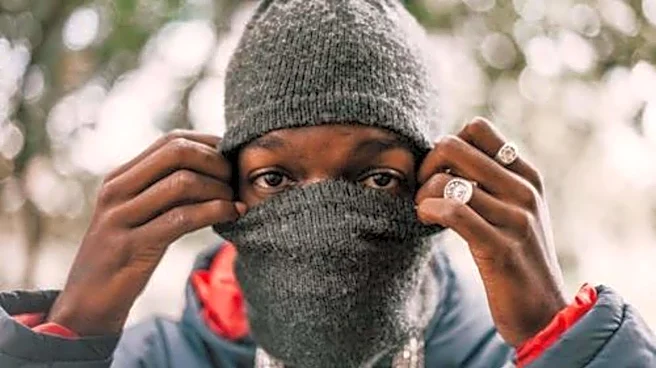New Delhi, Sep 19: It is almost a week as India hosts its most ambitious para-sport event ever, the IndianOil New Delhi 2025 World Para Athletics Championships, starting September 27. The mega event will
witness over 2,200 athletes from 104 countries, competing across 23 disciplines, making it the largest para-sport competition ever staged in India.
The Championships are not just about sporting excellence but also about setting a new benchmark in accessibility, inclusivity, and athlete care. From 400 wheelchair-accessible hotel rooms across five-star properties like Taj Palace, Leela, and Shangri-La, to low-floor DTC buses, hydraulic vans, and accessible KTC cars, Delhi has been preparing meticulously. Venues such as Jawaharlal Nehru Stadium and Tyagaraj Stadium have undergone modifications with ramps, tactile flooring, and barrier-free washrooms to meet international standards.
Beyond logistics, the organising committee has also ensured special nutrition menus, coordinated traffic plans, and volunteer training for a seamless athlete and spectator experience. Over 500 volunteers have been selected, mostly from physical education institutes, while 500 wheelchair-accessible seats have been arranged for spectators. Schools and universities will also be roped in to witness the historic event and boost awareness about para-sports in India.
The Stage is Set !
Witness the world’s finest para athletes in action at World Para Athletics Championship 2025 in New Delhi.
🗓️ 25th Sept to 5th Oct. pic.twitter.com/H8J27ckjf1— Dr Mansukh Mandaviya (@mansukhmandviya) September 19, 2025
In an exclusive conversation with myKhel, Dr. Satyapal Singh, Dronacharya Awardee para-coach and head of the Target Olympic Medal Sports Academy, shared insights into India's holistic preparations-covering accessibility, accommodation, transportation, and expectations from the home contingent, including stars like Sumit Antil.
Q. India is set to host its first-ever World Para Athletics Championships. How significant is this moment for you as a coach?
Satyapal Singh: This is historic. For me, it's not just a championship-it's about showing the world that India can host para-athletes with dignity and world-class facilities. I've traveled internationally for over 20 years, but in my view, a nation is truly developed when it respects its elderly, its women, and its para-athletes. Hosting 1,800-plus para-athletes here is a milestone.
Q. Accessibility is often the biggest challenge in para-sport. What measures have been taken to ensure smooth mobility for athletes?
Ans: Accessibility starts from the airport itself. The organising committee has arranged a massive fleet-60-80 low-floor DTC buses for regular transfers, plus 20 specialized Syvamm hydraulic vans for wheelchair-bound athletes who cannot shift seats.
We also secured 30-40 accessible KTC cars for officials and 20-30 trucks for equipment. At training and competition venues like Jawaharlal Nehru Stadium, Tyagaraj Stadium, and CWG Village, ramps, tactile paths, zero-level surfaces, and fully accessible washrooms have been installed. Even dining tables and seating have been modified for athletes using wheelchairs.
It's about the small details-Braille buttons in lifts, zero-label ramps, wider hotel doors. These make the difference.
Q. Accommodation is a massive task with so many wheelchair users. How are hotels being managed?
Ans: You're right. Out of the 1,270 hotel rooms booked, about 400 need to be wheelchair-accessible. Normally, even five-star hotels have just one or two such rooms. So, three months ago, we worked with hotels to create semi-accessible rooms-wider doors, more maneuvering space, modified seating.
Top hotels like Taj Palace, The Leela, Shangri-La, and ITC are on board, all close to Yamuna Sports Complex and the training venues. This coordination is a huge achievement.
Q. What about facilities for spectators and volunteers?
Ans: For spectators, accessibility is equally important. We've arranged 500 wheelchair seats inside the competition venue. As for volunteers, we launched an online programme, and over 1,000 applied. After interviews, we selected about 500 volunteers, most from physical education backgrounds, who will work closely with teams.
Q. Food and nutrition often become a concern at global events. How are you addressing this?
Ans: Diet is crucial. We saw in Paris 2024 how nutrition mismatches caused issues. This time, hotels will provide continental menus, but also cater to special requests from teams. The Indian government has ensured flexibility, so athletes can stick to diets they've been following in previous international events.
Q. Delhi's traffic is notorious. How will you ensure smooth commutes for teams?
Ans: We've carefully staggered schedules. Athletes will leave hotels early (6:30-7:00 am) and return by noon, avoiding peak hours. Afternoon sessions will follow similar non-peak slots. We're also exploring Delhi Metro collaborations for free travel cards. Plus, departments like Delhi Police, NDMC, and Tourism are fully aligned with us.
Q. How is India promoting the Championships? Will school students and youth be involved?
Ans: Promotion is happening globally, not just in India. A special city activation plan will begin 15 days before the event. In Delhi NCR, schools and universities are being invited to bring students. We want the younger generation to witness para-sport at its best.
Q. Finally, what are your expectations from India's athletes at this Championship?
Ans: Our athletes are in excellent form. I strongly believe this Championship will be remembered not only for India's hosting but also for our performances. Athletes like Sumit Antil are capable of multiple gold medals. The entire contingent is training with Paris 2028 in mind, and I am confident we will deliver medals that make the nation proud.
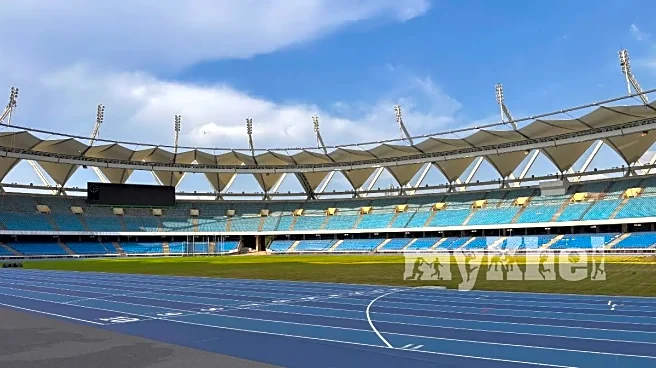

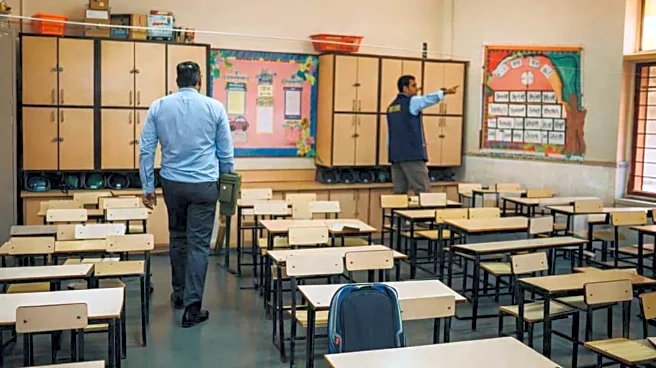

/images/ppid_a911dc6a-image-177061362959192727.webp)

